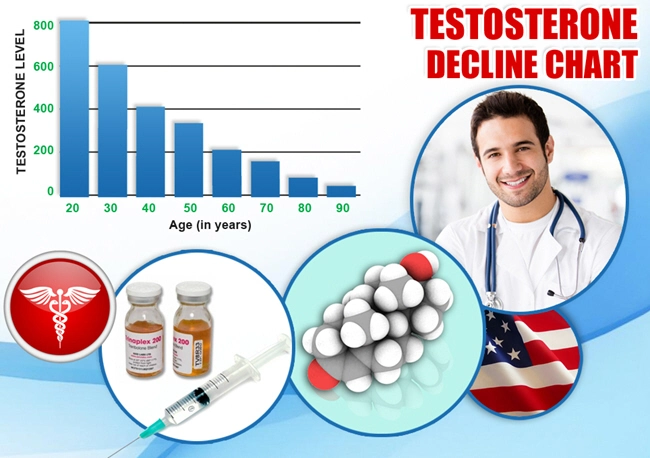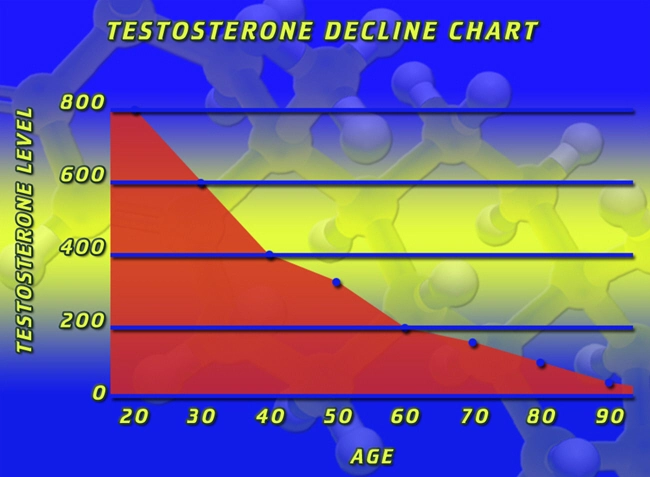
Video Link: https://vimeo.com/285984619
Video Download: Click Here To Download Video
Video Stream: Click Here To Stream Video
LONDON (Reuters) -- Taking too much Tylenol during pregnancy could reduce testosterone levels in male babies, according to a new study. This could lead to possible reproductive problems later in life, researchers said. 
The University of Edinburgh study tested the effect of paracetamol (also known as acetaminophen, the active ingredient in Tylenol) on testosterone production in mice that carried grafts of human testicular tissue.
These grafts have been shown to mimic how the developing testes grow and function during pregnancy. Scientists gave the mice a typical daily dose of paracetamol over a period of either 24 hours or seven days.
They measured the amount of testosterone produced by the human tissue an hour after the final dose of paracetamol and found there was no effect on testosterone production following 24 hours of paracetamol treatment.
After seven days of exposure, however, the amount of testosterone was reduced by 45 percent. The study is published in the journal Science Translational Medicine. It is funded by the Wellcome Trust, the British Society of Pediatric Endocrinology and Diabetes, and the Medical Research Council.

Researchers say their findings could help to explain reported links between paracetamol use in pregnancy and reproductive health problems in young boys.
"We would advise that pregnant women should follow the current guidance that the painkiller is taken at the lowest effective dose for the shortest possible time," said Dr. Rod Mitchell, a clinical research fellow at Edinburgh University who led the work.
Paracetamol is one of the most common medicines used to ease pain and reduce fever and is used routinely during all stages of pregnancy. Mitchell noted that reduced exposure to testosterone in the womb had been linked to a higher risk of infertility, testicular cancer, and undescended testicles.
He said these latest results add to evidence that prolonged paracetamol use during pregnancy "may increase the risk of reproductive disorders in male babies.”
Mitchell added that "This study adds to existing evidence that prolonged use of paracetamol in pregnancy may increase the risk of reproductive disorders in male infants."
male infants."
Sadaf Ghaem-Maghami, chair of the Royal College of Obstetricians and Gynaecologists' scientific advisory committee said the research was "robust" and had produced significant findings, but that since it was in animals with human tissues, it is hard to extrapolate its meaning for people.
"Further research needs to be conducted into how paracetamol may affect testosterone levels," she said in a statement, adding that pregnant women should continue to follow guidelines and take the lowest effective paracetamol dose for the shortest possible time when necessary.
Testosterone, produced in the testicles, is crucial for life-long male health. Reduced exposure to the hormone in the womb has been linked to an increased risk of infertility, testicular cancer, and undescended testicles.
The team -- from the University's MRC Centre for Reproductive Health -- says further research is required to establish the mechanism by which paracetamol might have this effect.

Reference
Contact Us Today For A Free Consultation
Dear Patient,
Once you have completing the above contact form, for security purposes and confirmation, please confirm your information by calling us.
Please call now: 1-800-380-5339.
Welcoming You To Our Clinic, Professor Tom Henderson.

- Are You Constantly Feeling Tired And Fatigued ? [Last Updated On: May 21st, 2024] [Originally Added On: May 1st, 2018]
- Constantly Tired? Can't Sleep? [Last Updated On: April 10th, 2024] [Originally Added On: March 23rd, 2019]
- How to Understand and Deal with Cirrhosis [Last Updated On: April 9th, 2024] [Originally Added On: April 12th, 2019]
- Insomnia: The Silent Killer [Last Updated On: April 8th, 2024] [Originally Added On: April 30th, 2019]
- Lipocine Reintroduces Tlando [Last Updated On: July 18th, 2024] [Originally Added On: March 18th, 2020]
- High-Intensity Interval Training Boosts Both Body and Mind [Last Updated On: March 24th, 2024] [Originally Added On: May 10th, 2020]
- Tattoo Safety: What to Know Before You Get a Tattoo [Last Updated On: April 1st, 2024] [Originally Added On: June 2nd, 2020]
- Testosterone and Fatherhood [Last Updated On: May 20th, 2024] [Originally Added On: October 12th, 2020]
- L-Arginine: The Key to Both Heart Health and Sexual Health [Last Updated On: April 6th, 2024] [Originally Added On: December 4th, 2020]
- The Importance of Hormonal Balance for Menopause [Last Updated On: March 25th, 2024] [Originally Added On: December 14th, 2020]
- Menopause Drugs: Study Stokes New Debate Over Cancer Risks [Last Updated On: April 4th, 2024] [Originally Added On: December 16th, 2020]
- Study Examines Link Between Growth Hormones and Osteoporosis [Last Updated On: April 7th, 2024] [Originally Added On: December 17th, 2020]
- Everything You Need to Know About Clomiphene [Last Updated On: April 5th, 2024] [Originally Added On: December 20th, 2020]
- Fast Facts About DHEA: What You Need to Know About This Natural Steroid [Last Updated On: July 15th, 2024] [Originally Added On: March 4th, 2021]
- Enjoy a Few Drinks Weekly? Beware: This May Be a Link to Low Sperm Counts and Quality [Last Updated On: April 2nd, 2024] [Originally Added On: August 16th, 2021]
- Hormone Therapy May Benefit Some Women's Hearts [Last Updated On: February 20th, 2025] [Originally Added On: August 18th, 2021]
- HGH Male Blood Panel [Last Updated On: October 28th, 2021] [Originally Added On: September 28th, 2021]
- Growth Hormone Battles Osteoporosis [Last Updated On: March 31st, 2024] [Originally Added On: October 11th, 2021]
- Growth hormone = More Sleep = Better Sex! [Last Updated On: April 3rd, 2024] [Originally Added On: October 11th, 2021]
- Low Testosterone and Hypogonadism: The Difference [Last Updated On: June 10th, 2024] [Originally Added On: October 12th, 2021]
- Hormone Replacement Therapy and Aerobics May Ease Menopause Symptoms [Last Updated On: February 19th, 2025] [Originally Added On: October 13th, 2021]
- Growth Hormone and Lifestyle = An Extended Lifespan [Last Updated On: March 28th, 2024] [Originally Added On: October 13th, 2021]
- Growth Hormone, Foods, and Supplements for Healthy Skin [Last Updated On: June 1st, 2024] [Originally Added On: October 13th, 2021]
- Hormone Replacement Therapy, Menopause, and Cancer [Last Updated On: March 29th, 2024] [Originally Added On: October 13th, 2021]
- Growth Hormone, Exercise, and Osteoporosis: The Facts! [Last Updated On: March 27th, 2024] [Originally Added On: October 13th, 2021]
- Hormone Replacement Therapy and Menopause [Last Updated On: March 30th, 2024] [Originally Added On: October 13th, 2021]
- Testosterone and Women [Last Updated On: February 18th, 2025] [Originally Added On: October 13th, 2021]
- Growth Hormone and Smoking [Last Updated On: February 19th, 2025] [Originally Added On: October 14th, 2021]
- Testosterone, Statins, and Prostate Cancer [Last Updated On: February 18th, 2025] [Originally Added On: October 19th, 2021]
- Researchers Investigate Declining Sperm Counts, Find Chemicals Rampant [Last Updated On: June 14th, 2024] [Originally Added On: June 14th, 2022]
- Introduction: Benefits of Hormone Replacement Therapy [Last Updated On: February 8th, 2025] [Originally Added On: February 8th, 2025]









